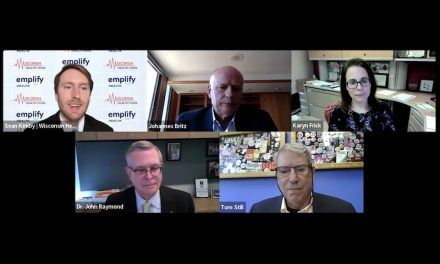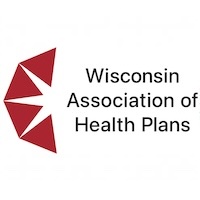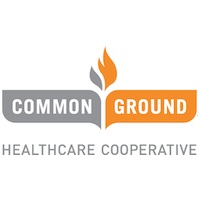
OCI asks insurers to let small businesses keep furloughed employees on health plans

Insurance Commissioner Mark Afable on Thursday asked Wisconsin insurers to give small employers the ability to keep employees who were furloughed or working fewer than 30 hours on their health plans.
Health plans often have contracts with small employers to insure workers who work 30 or more hours per week, according to the Office of the Commissioner of Insurance. Gov. Tony Evers’ order
shuttering non-essential businesses in response to COVID-19 led employees to be furloughed or work fewer hours, the agency noted.
Afable issued a bulletin asking insurers to allow small employers to continue paying the premium for impacted employees if they can during the order. He said they want to reduce the number of people losing health coverage.
“We know that small businesses are doing their best to retain employees even if it means reducing hours or furloughing them,” he said in a statement. “But these changes shouldn’t mean an employee loses access to their health insurance. We’re urging insurers to work in partnership with Wisconsin’s small businesses to help keep folks insured and healthy.”
OCI is also urging carriers to work with small employers to provide the option of continuing dental, vision and prescription drug benefits if offered as separate policies.
There have been 707 positive COVID-19 tests and eight deaths in the state, The Department of Health Services said Thursday afternoon. There have been 11,583 negative tests.
Not included in the data are three additional deaths reported by the Milwaukee County Medical Examiner’s Office Thursday and one reported
in Iron County on Thursday. That brings the state’s total to 12 deaths.
“We are saddened by this death and our hearts go out to the family, friends, and community,” Katie Hampston, director of Public Health Iron County, said in a statement. “We strongly encourage our residents to stay safer at home unless activities are essential. That is the best way to prevent the spread of COVID-19 and protect the health and safety of our community.”
More labs are coming on line to process COVID-19 tests, according to Dr. Ryan Westergaard, chief medical officer of the DHS Bureau of Communicable Diseases.
According to a DHS update Friday morning, the state agency has received electronic results from at least 40 different clinical and reference labs.
The number of hospital-based labs conducting COVID-19 test is also growing, and the volume of test results received by the agency is approaching 2,000 per day.
“The capacity is getting bigger,” he said at a Facebook live event
Thursday. “More hospitals are able to do the lab right on the site and that’s only going to get better.”
Testing is being reserved for those in hospital care, healthcare workers and those who are likely to have more severe complications from the virus, Westergaard said.
Public health labs are turning around the high-priority tests within one or two days. And DHS is developing systems, similar to what it does for influenza, to do surveillance testing on a subset of people with a flu-like illness so they can determine how many have COVID-19, he said.
Evers launched an initiative Thursday designed to get more personal protective equipment to front-line healthcare providers. Wisconsinites can either donate or sell large quantities of the equipment, which the State Emergency Operations Center will distribute to communities in need.
“Wisconsin, like many other states, has a shortage of personal protective equipment due to the COVID-19 pandemic,” DHS Secretary-designee Andrea Palm said in a statement. “We are doing everything we can to get more protective equipment so our healthcare workers, first responders on the frontlines can protect themselves from COVID-19, and in turn, help keep all Wisconsinites safer.”
Wisconsin Health News is removing the password on all stories related to the coronavirus. For the latest developments follow us on Twitter at @wihealthnews or check out our website. For complete healthcare coverage, sign up for a free trial to our daily email newsletter.




























.jpg?bwg=1612548324)


